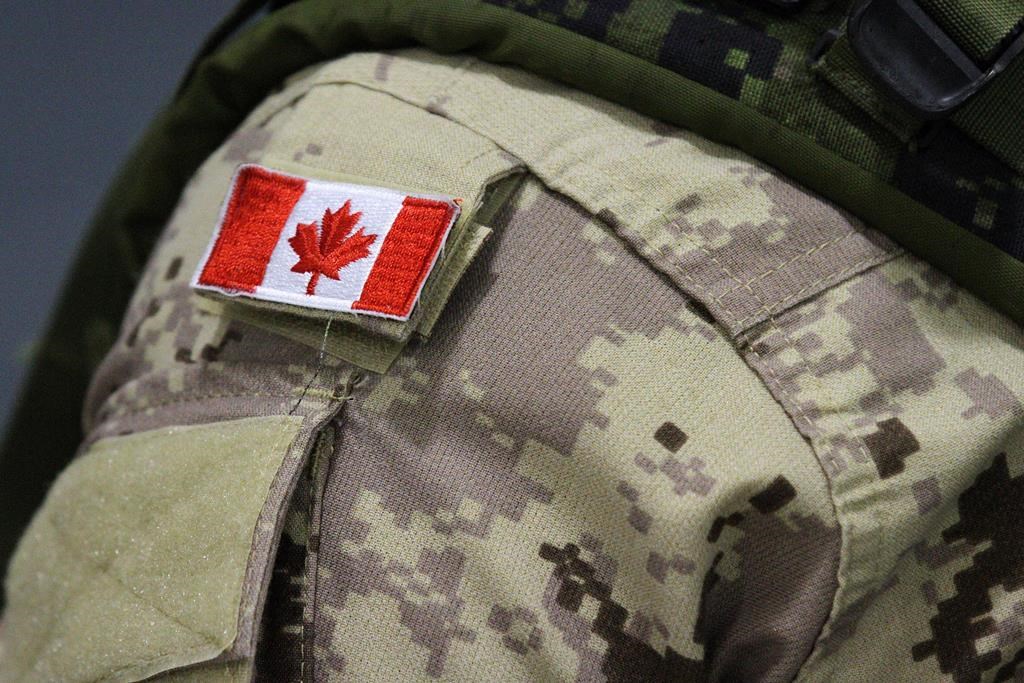A new study out of Lawson Health Research Institute in London, Ont., aims to ensure that veterans who need care seek it.

The two-year study, announced Tuesday, will look at Canadian veterans’ beliefs about confidentiality in mental health care, specifically when it comes to discussing so-called moral injuries.
“The field of moral injury is relatively new,” Dr. Anthony Nazarov, a post-doctoral associate at Lawson, told Global News Radio 980 CFPL. “It’s generally known as the psychological distress following events where a person performs, witnesses or fails to prevent acts that conflict with deeply held moral standards.”
According to Lawson, evidence suggests that moral injuries are on the rise among deployed military members. As well, evidence reportedly suggests those exposed to events that could result in moral injury are at a higher risk of developing post-traumatic stress disorder and depression.
“Post-traumatic stress disorder has been classically known to be a fear-based disorder, so things like getting into a car accident, you have a lot of hyper-vigilance, maybe flashbacks, nightmares,” Nazarov explained.
“But what we’re seeing is a lot of combat-related PTSD is resistant to treatment. What we’re seeing now is perhaps for some individuals, symptoms such as shame and guilt may be the core issues.”
The first phase of the study will involve an online survey, according to Nazarov, who added that researchers are seeking input from veterans regardless of whether or not they have a moral injury or are seeking treatment for mental health issues.
“We know that there are certain barriers for mental health service use and one of the most common themes that emerge in research looking at these barriers is perceived lack of confidentiality,” he explained.
“We just want to know what your opinions would be if you were exposed to these kind of events. Would you seek care? Why or why not? Would you discuss certain morally salient events in terms of trauma?”
The online survey is expected to be made available within a month, according to Nazarov.
The study is being funded by Veterans Affairs Canada and St. Joseph’s Health Care Foundation’s Robert S. & Mary Gay, Donald, James, and Helen (Taylor) Gay Endowed Research Fellowship in
Veterans Care.
- Budget 2024 failed to spark ‘political reboot’ for Liberals, polling suggests
- Train goes up in flames while rolling through London, Ont. Here’s what we know
- Peel police chief met Sri Lankan officer a court says ‘participated’ in torture
- Wrong remains sent to ‘exhausted’ Canadian family after death on Cuba vacation








Comments